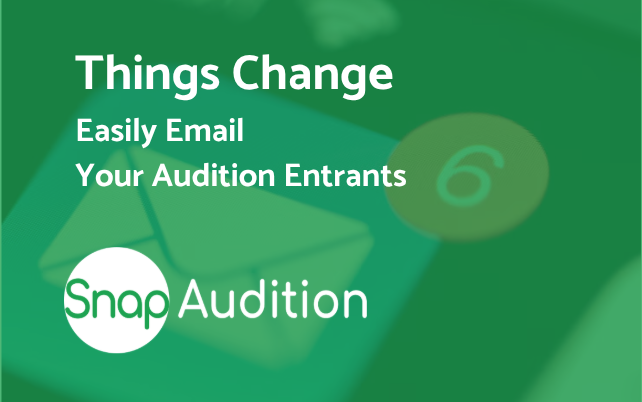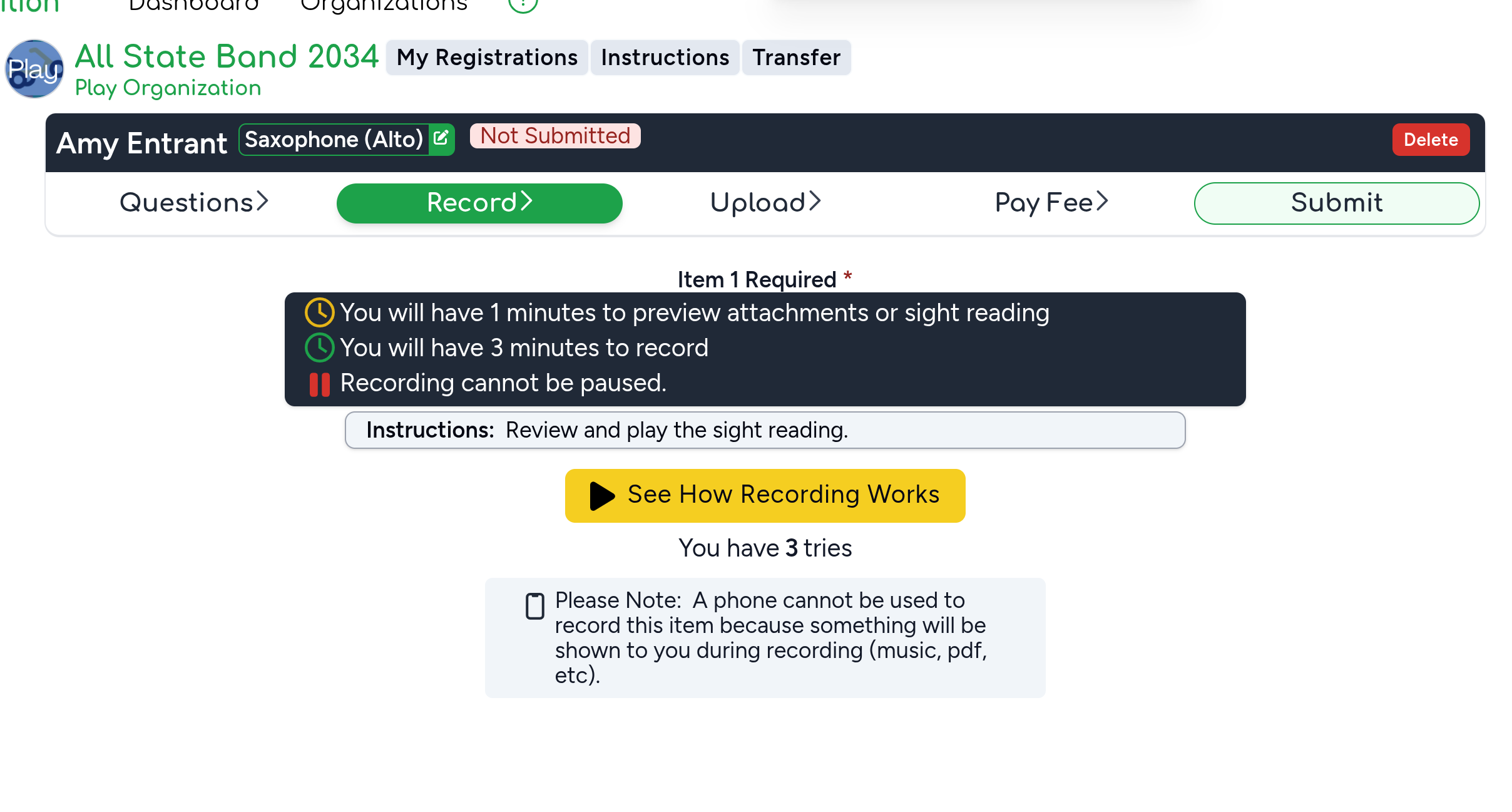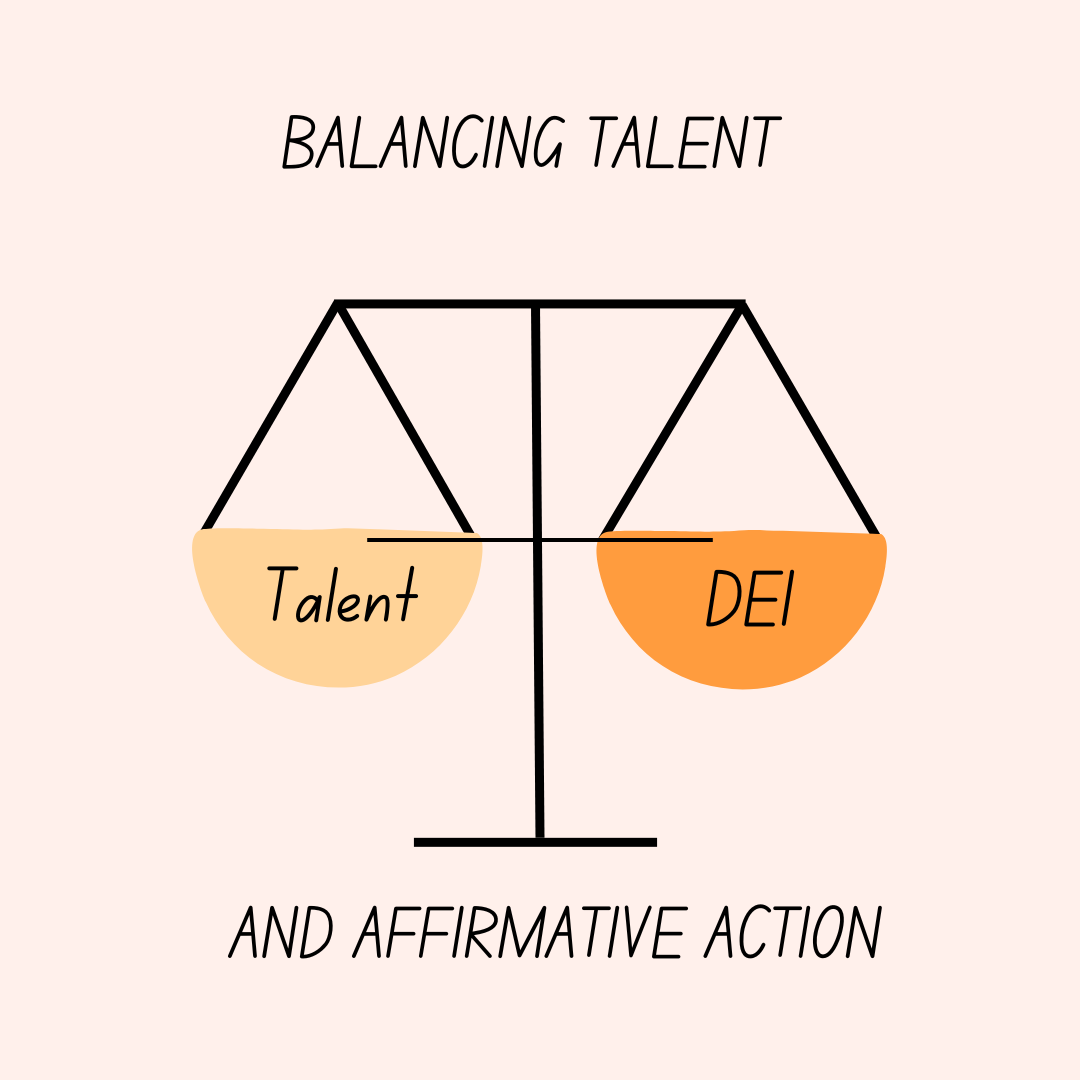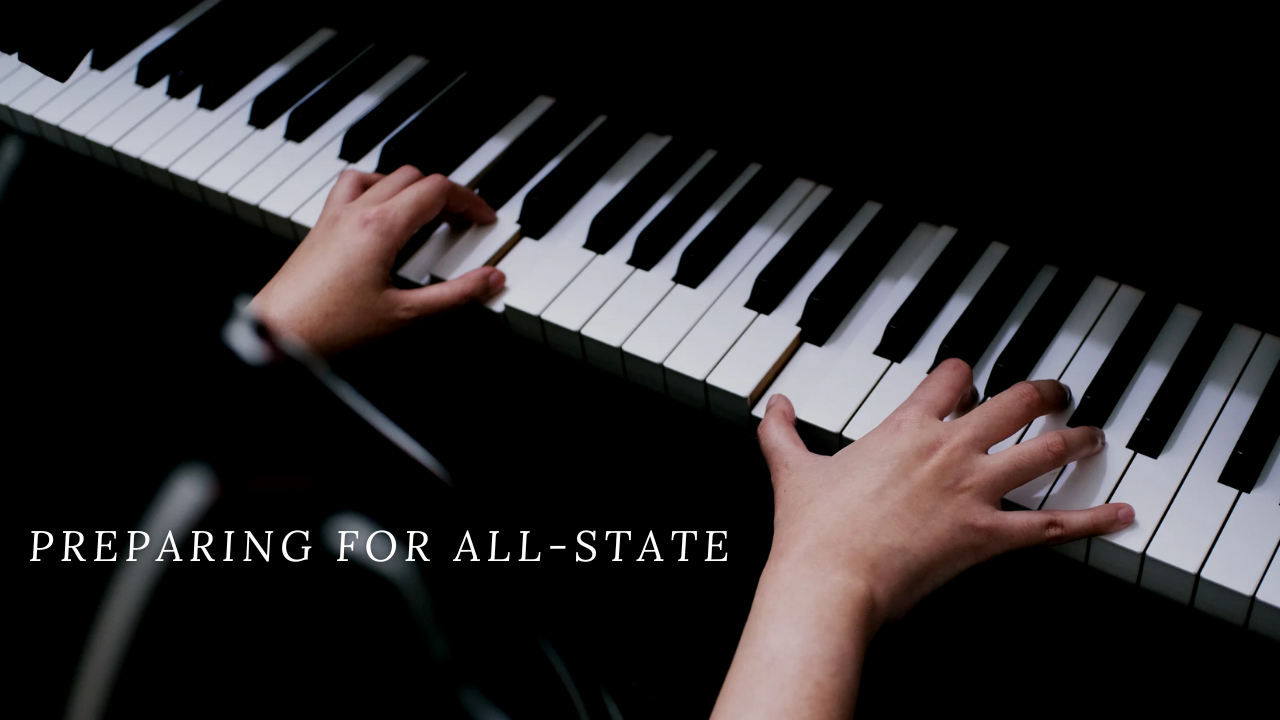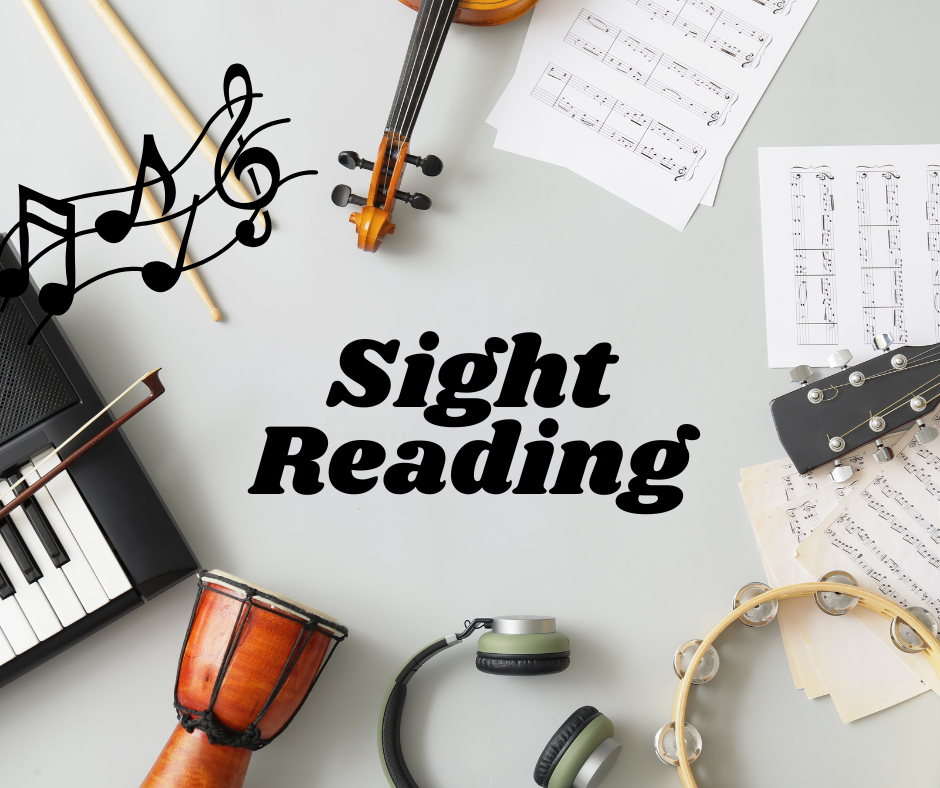
Jim Carrey almost never pursued comedy because of a traumatic experience performing when he was 15. At a comedy open-mic, Jim was booed off stage because he was wearing an "un-hip" polyester suit, and the club host repeated, in the microphone, "Totally boring". It took him two years to find the courage to get back on stage.
If you teach anything in the arts, remember you are guiding performers, not just players, singers, dangers, or actors. Your amazing preparation might not result in the performance you expected if you fail the human act of performing itself, including emotions.
Why We Get Stage Fright
Stage fright (performance anxiety) is the fear the performance will be a failure. Almost all people experience at least a little performance anxiety, but for some, it can be crippling.
It is important to separate what I callrational performance anxiety from irrational. Performance anxiety from inadequate preparation is typical; it is "Rational." "Irrational" performance anxiety results even with adequate preparation and ability.
Both types trigger a stress response in the mind and body. The nervous system perceives danger and forces a fight-or-flight response.
For those experiencing "Irrational" performance anxiety, the dread of failure can be overwhelming. Jim Carrey certainly developed a trauma response from his 15-year-old experience, which went beyond regular nerves.
Everyone Handles It Differently
There is no one-size-fits-all approach to helping students with performance anxiety. I'm not a licensed counselor, and you probably aren't either, but we should take queues from their methods.
Before I continue, one of the most important tips I can give is knowing when to refer students to a counselor or other professional. We are not equipped to, nor is it appropriate, to counsel students about deep emotions. Learn how to detect if you need to refer.
Counselors spend most of their day listening because everyone's emotional responses are unique. When addressing stage freight, with a class or individual student, make sure to explain how everyone is different. If you have tips, preface with, "Now, these might not work for you, and that's okay."
Students need to know it's okay if a coping method doesn't work for them. Reassure them that performance anxiety is normal and that even world-class performers deal with it.
How Can You Help
1. Freaking talk about it! Over 13 years in music education, I only heard stage freight addressed once. Actually, it was my first piano teacher. I spent the next 12 years, through middle, high school, and college never hearing anything about it.
2. Address it, especially when students have to perform solo. The first time you perform with all eyes on you can be daunting. When preparing for a concert with a soloist, it is a good time to bring up the topic.
3.Start by saying, "Do any of you get nervous performing"? Then, share a personal story of stage fright. Share what you did/do to deal with it, but then explain how that might not work for them.
4. Explain the importance of preparation, but also how this might not always help with some types of performance anxiety (irrational).
5. Teach them how to practice performing. Teachers spend 99%+ of their time teaching students how to play, sing, act, etc. Musical theater and vocal teachers tend to be better at the performance aspect, but most others ignore it. With music, it is especially important to spend playing as it you have an audience. Tell students to record themselves and play the solo or piece all the way through.
6. Teach them to enjoy performing. We play, sing, and act because it's fun, right? In the past, I've been so bogged down with the performance and audition requirements I forget to have fun. I've also not had fun because I was ill-prepared. Remind your students of why they got into it in the first place and how preparation can make the experience more fun.

More Articles
